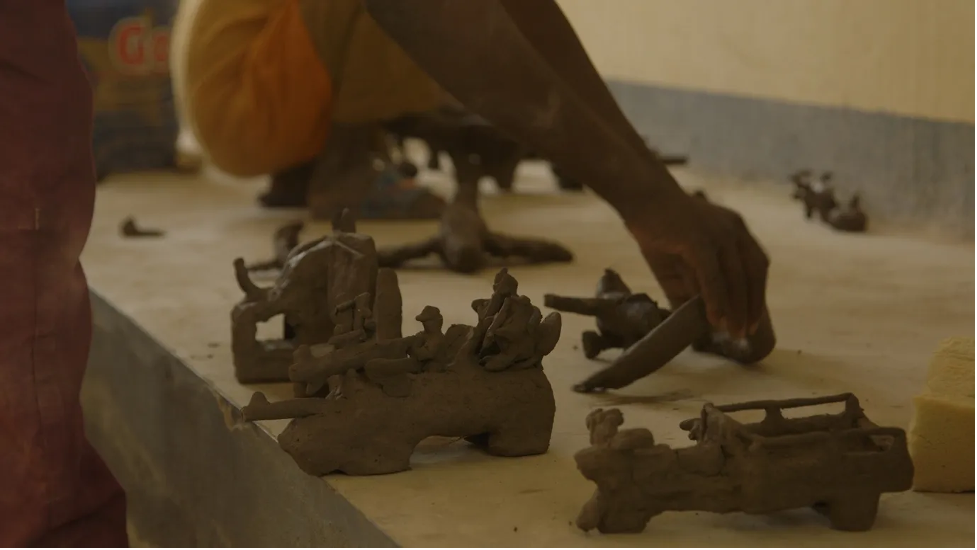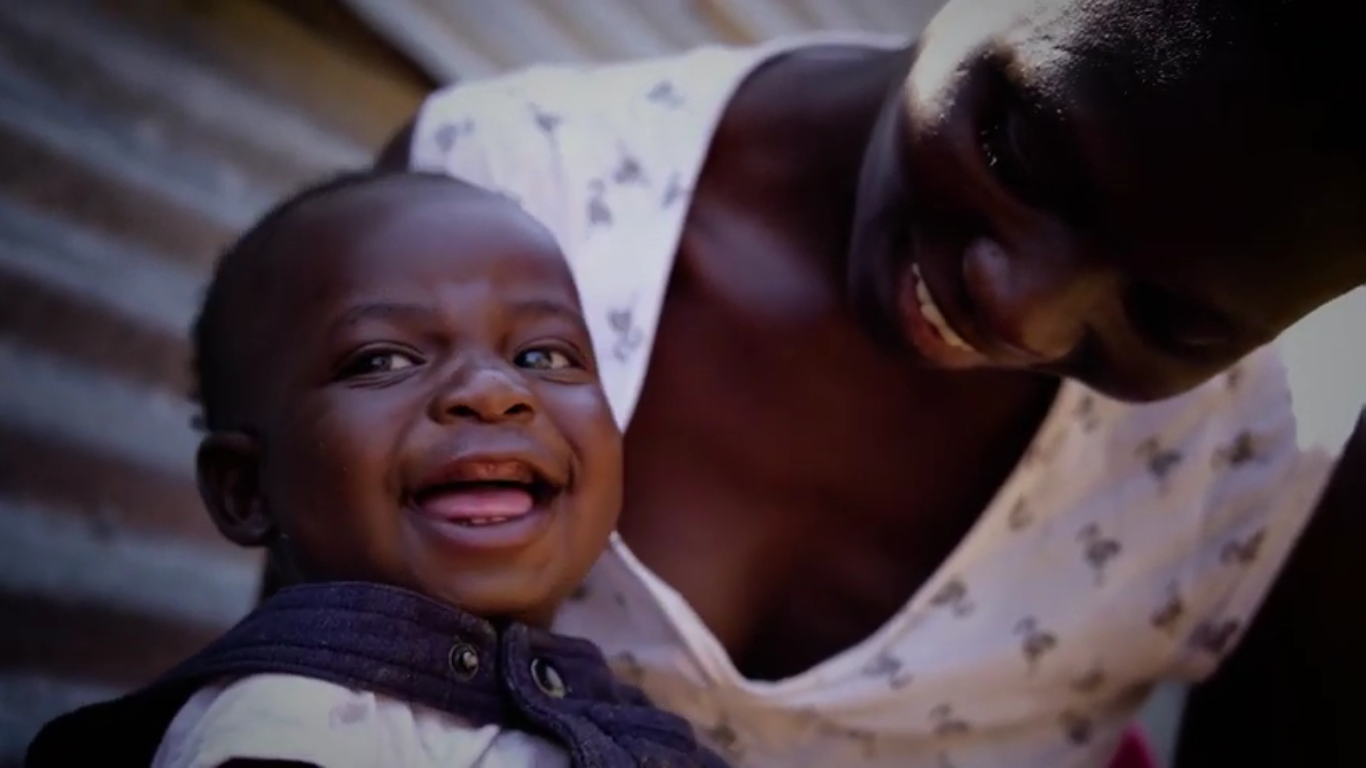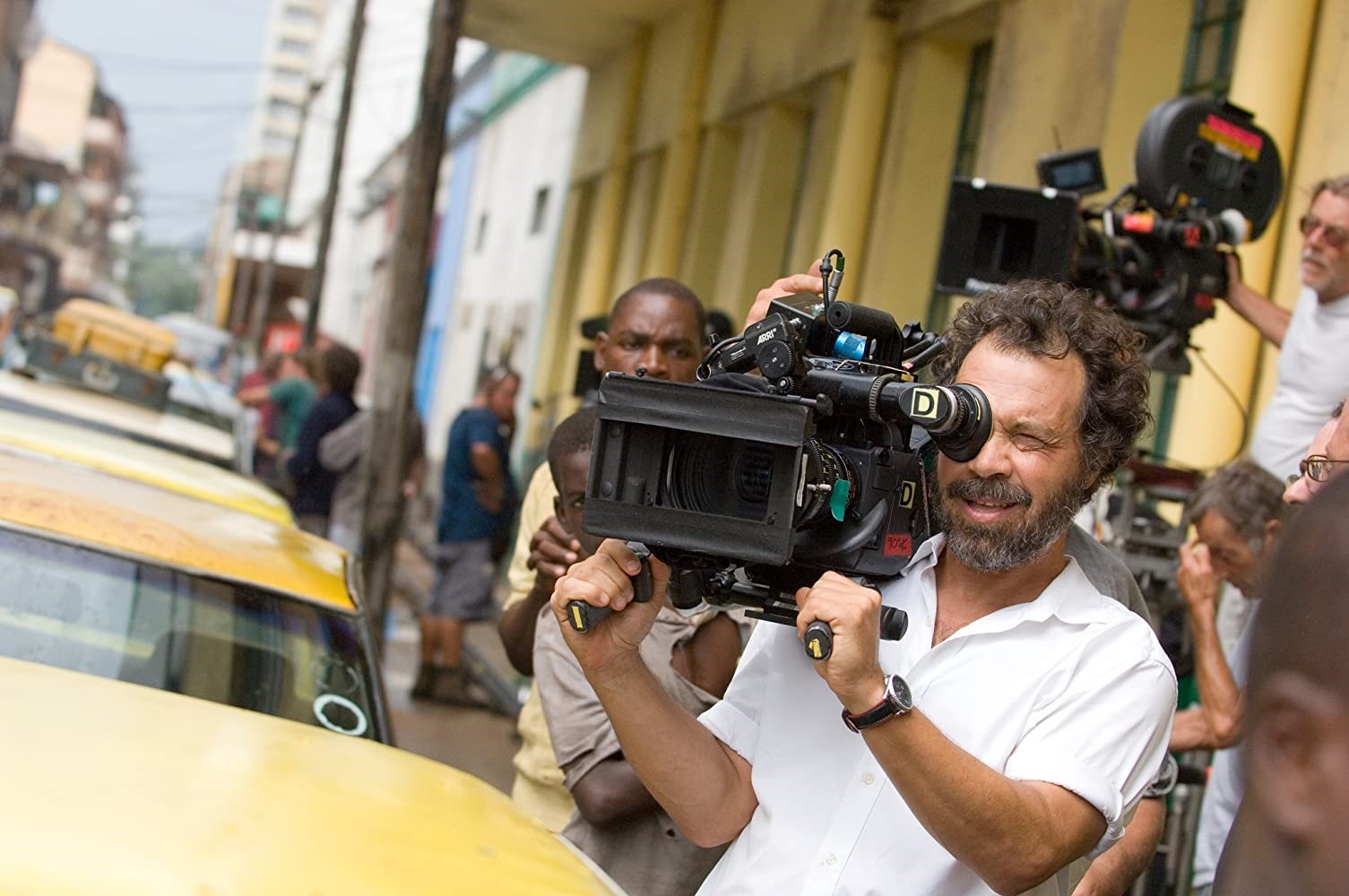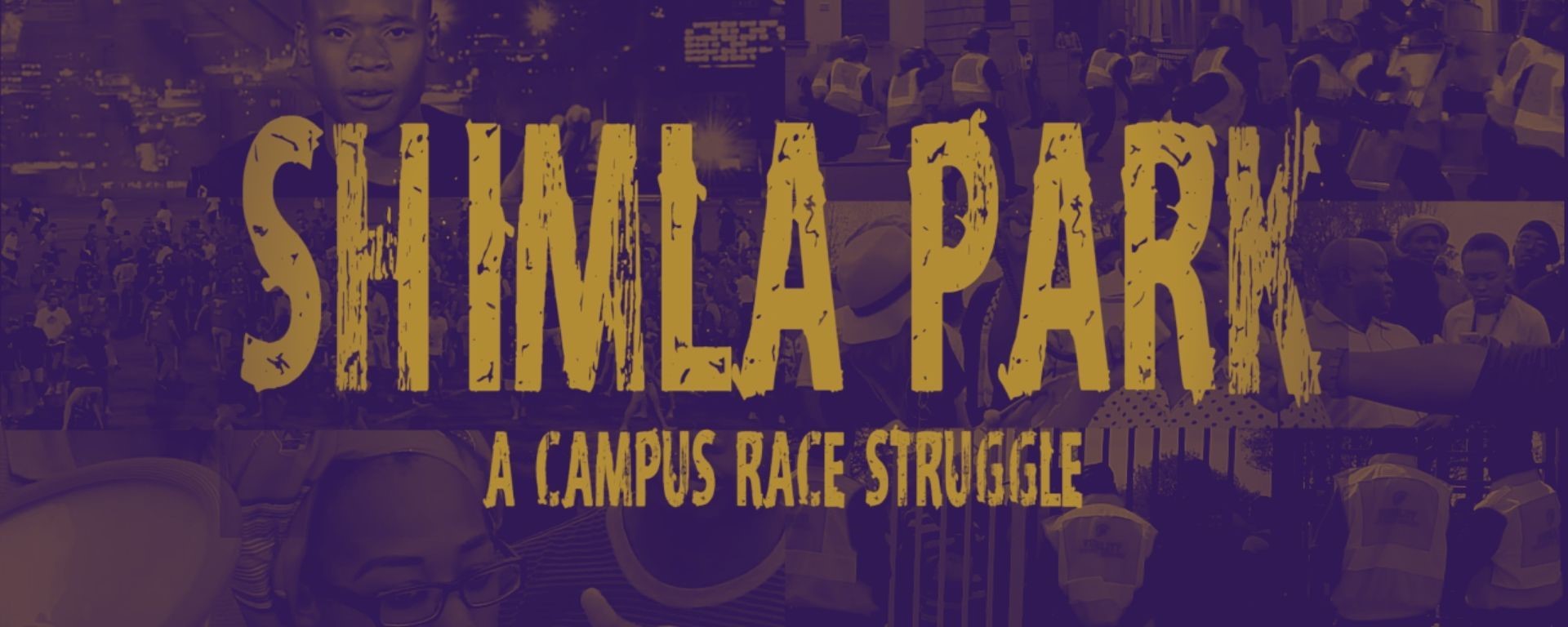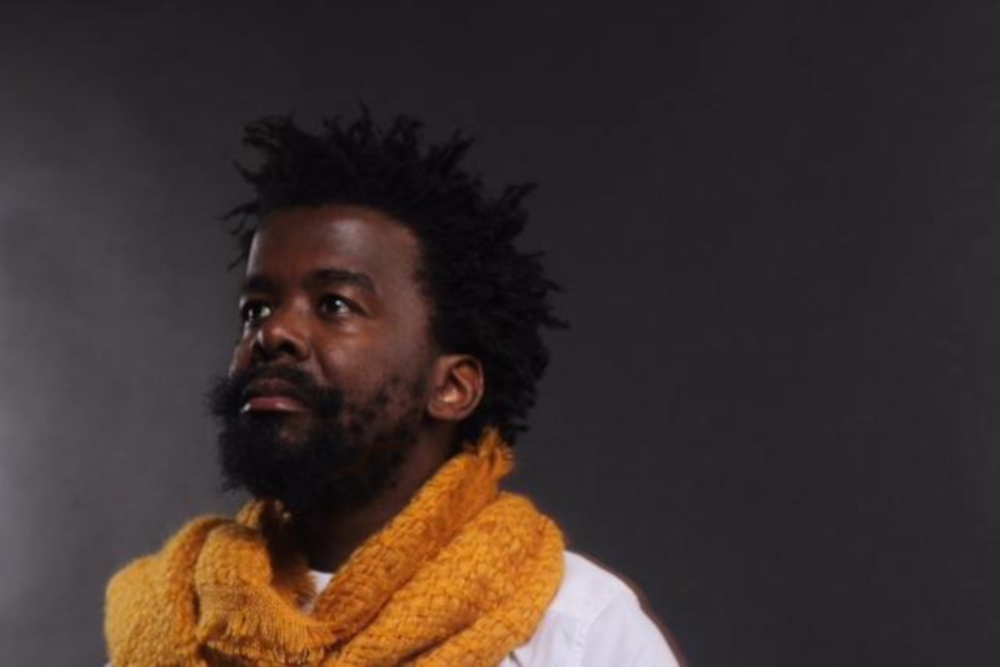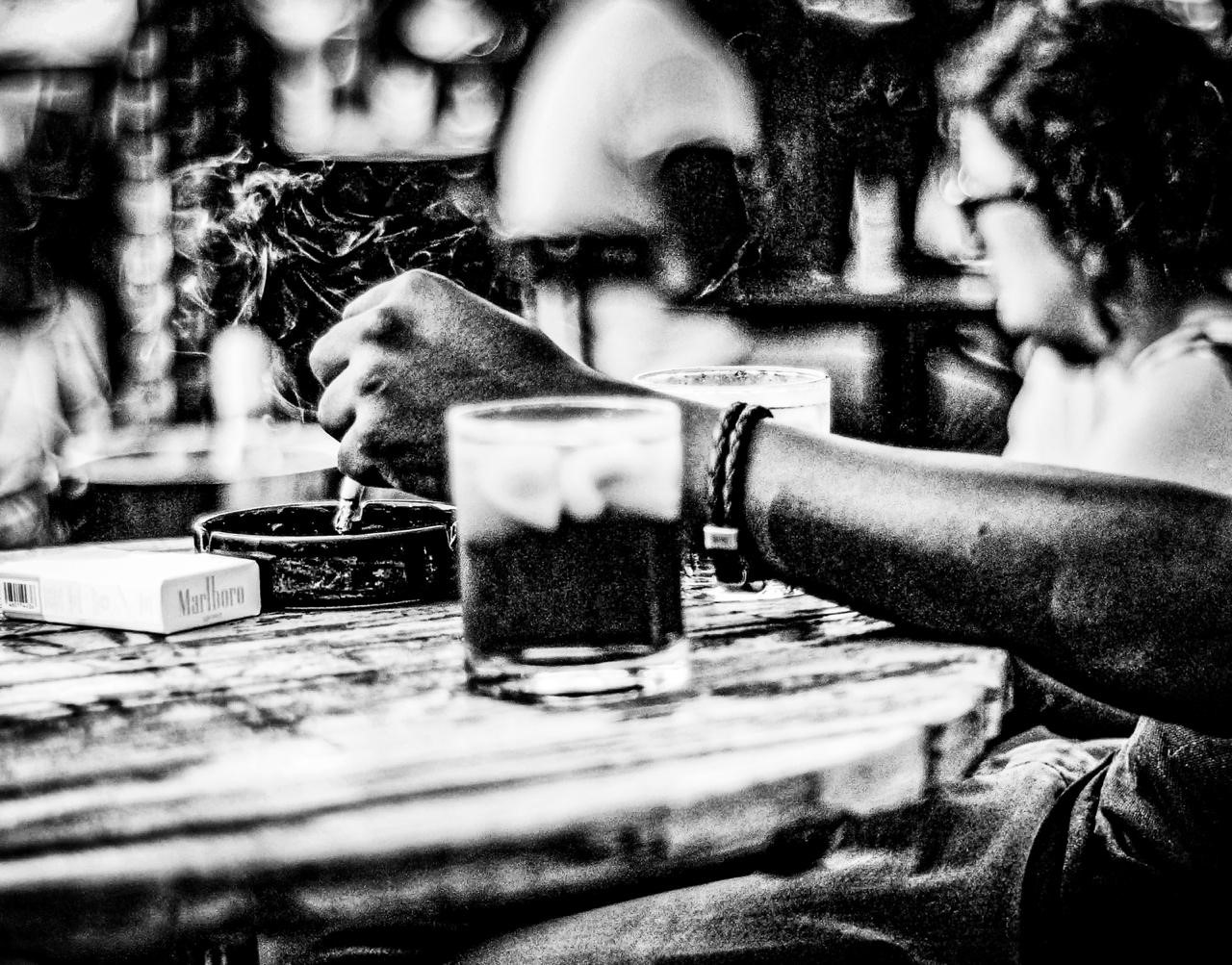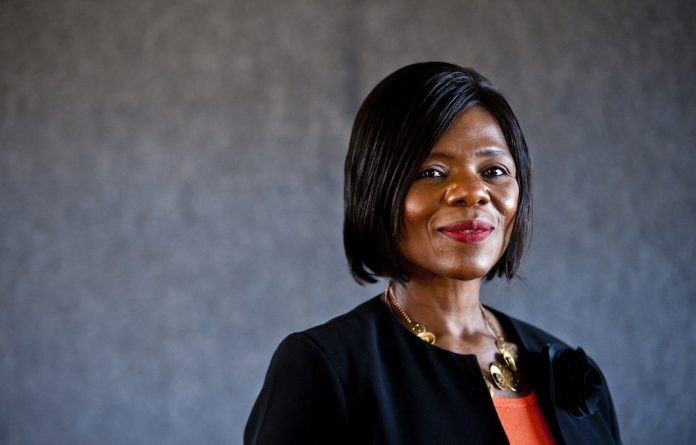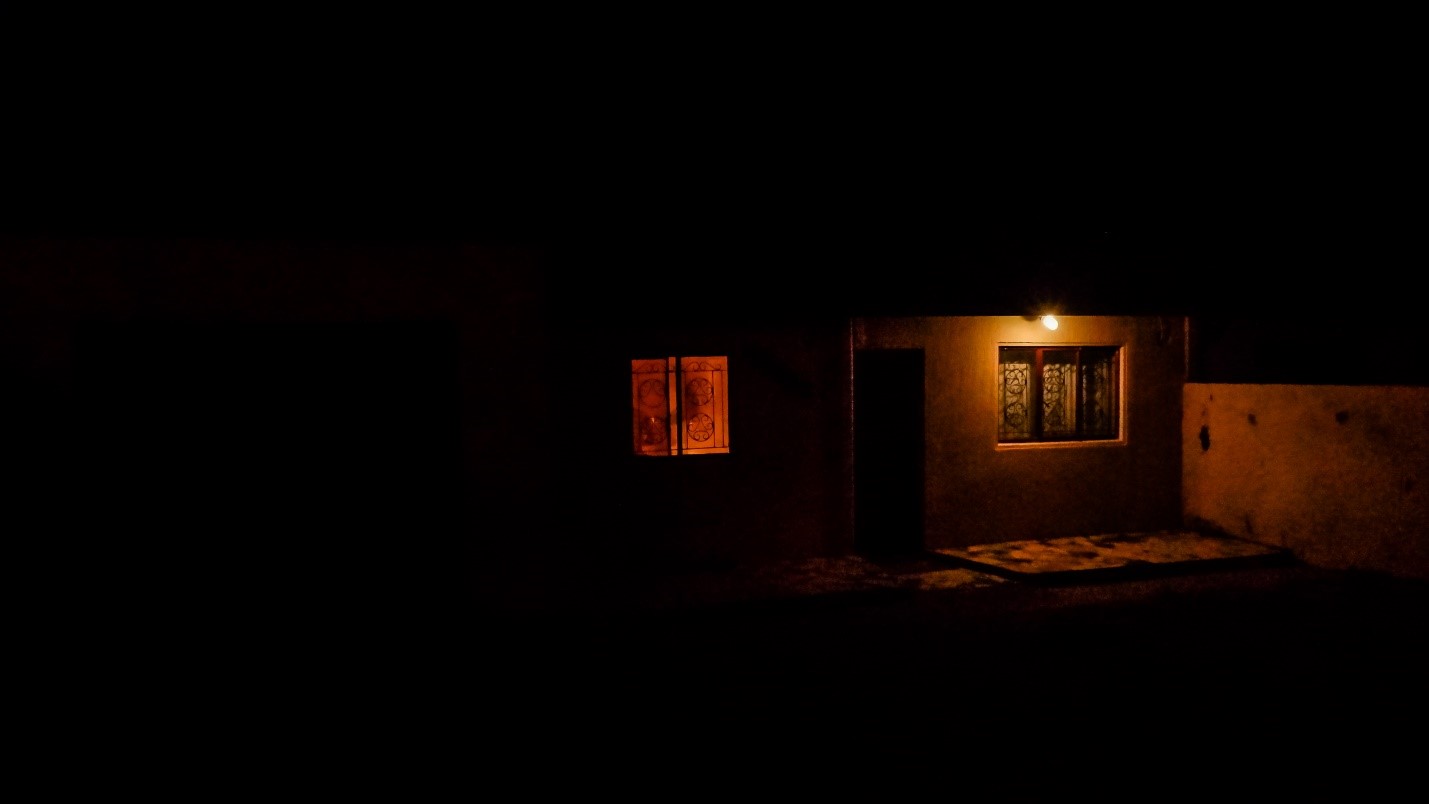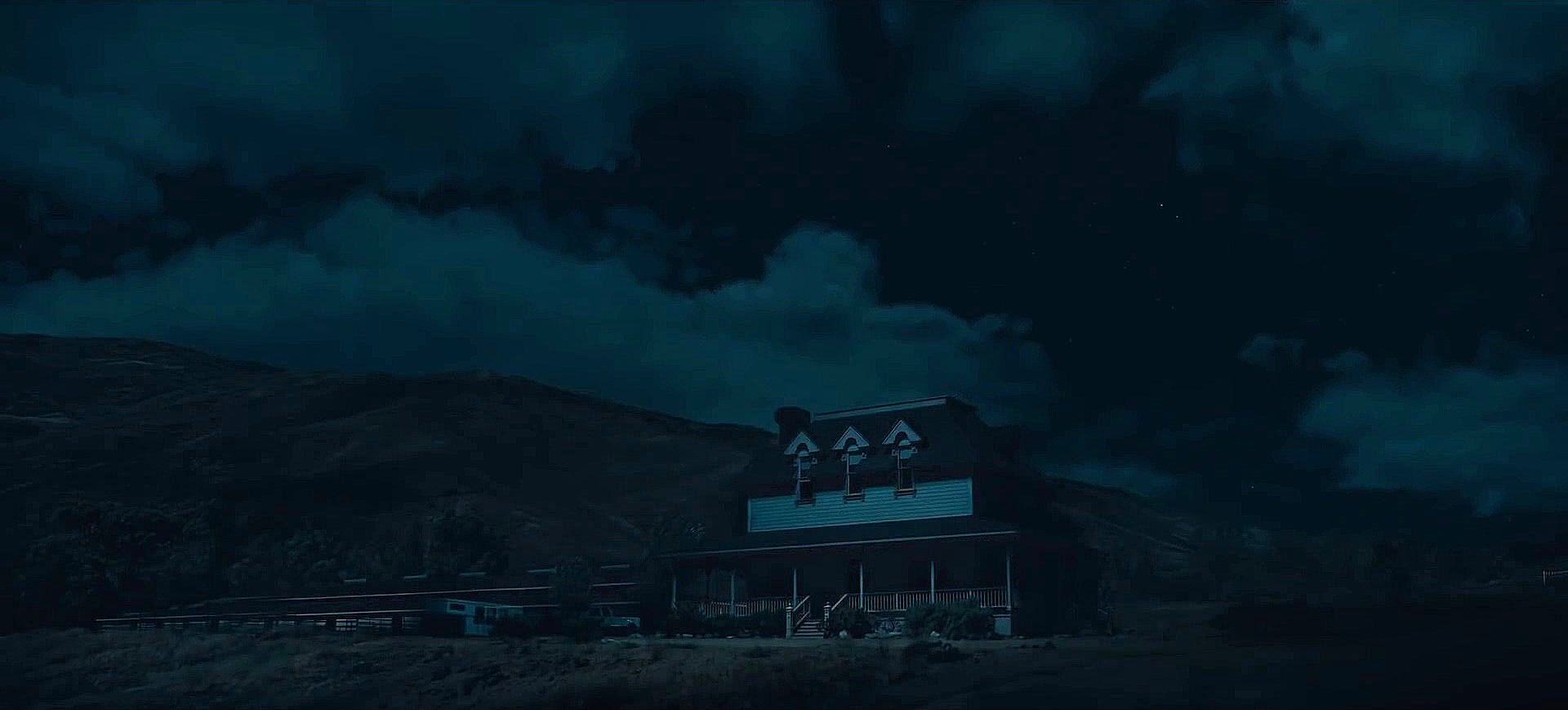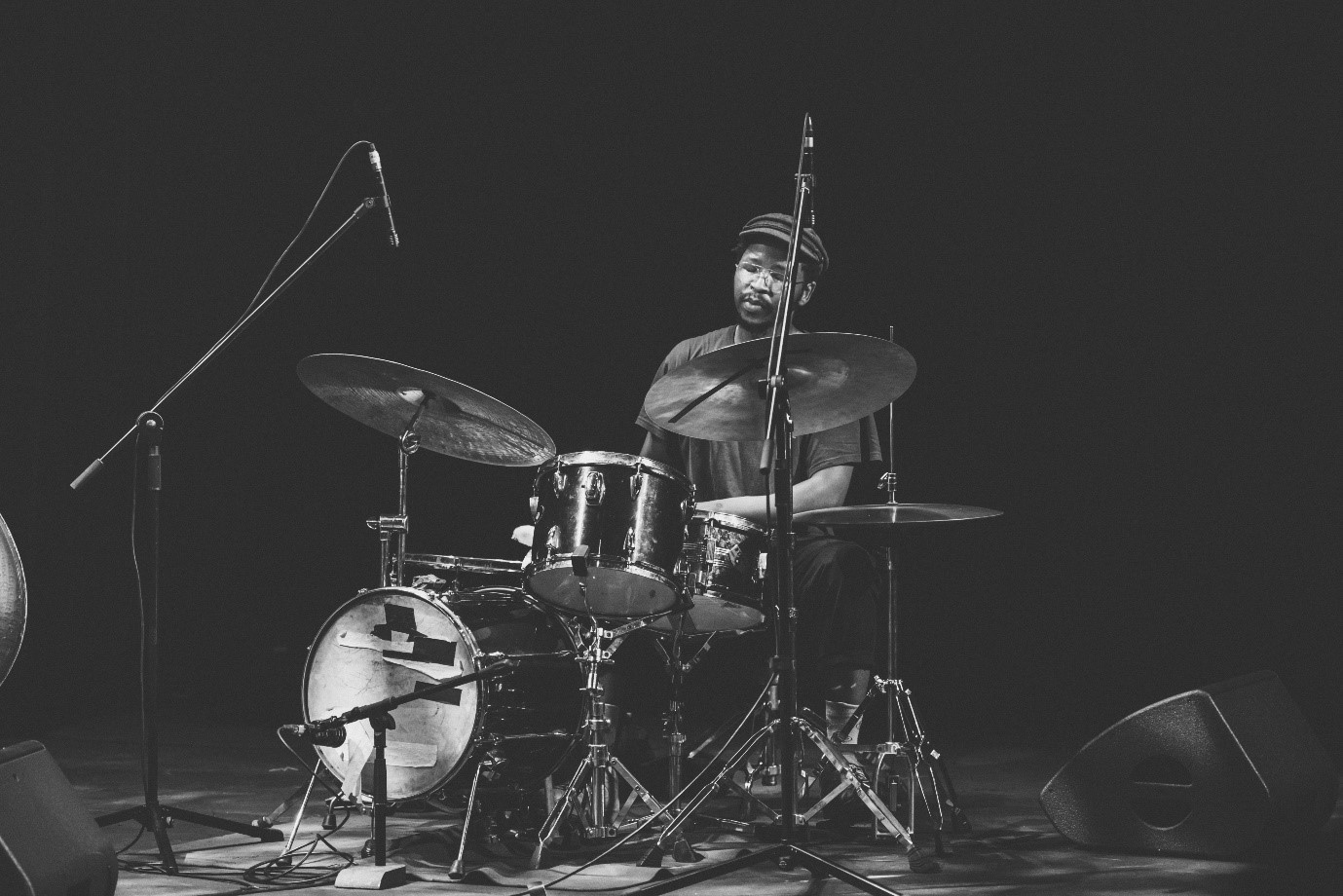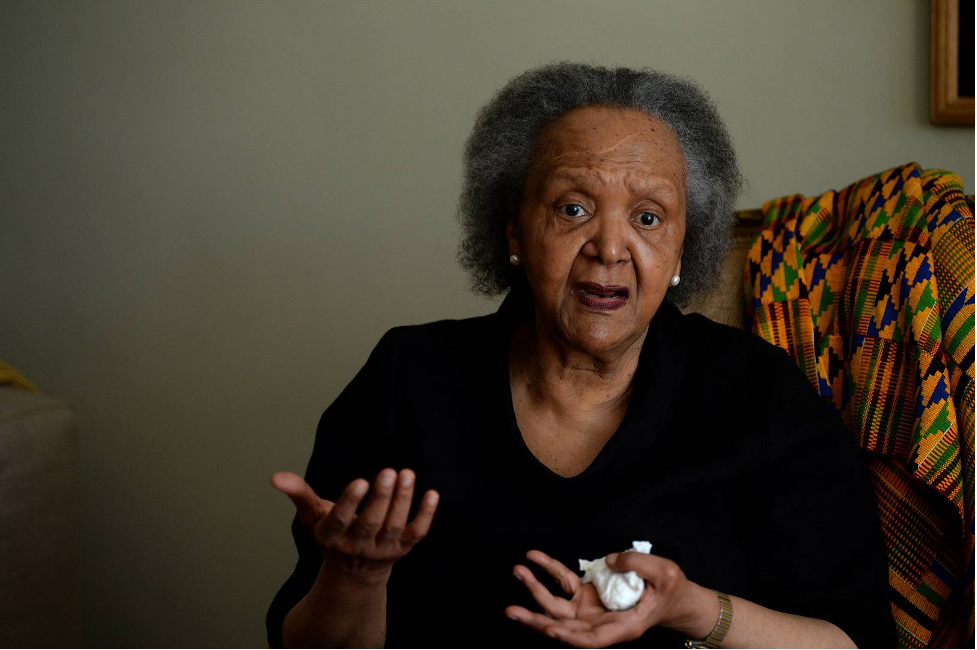Cyrielle Raingou’s debut feature Le Spectre de Boko Haram (2023) portrays the troubles of a trio of children on a Cameroonian border-town, where all are exposed to the complexities of a tense environment.
The Presence of Violence
The three primary characters of the documentary are innocent children. Falta Souleymane is a girl whose father was bombed by Boko Haram and survives with their mother, striving to excel. In contrast, Mohamed Alilou and Ibrahim Alilou are brothers with a vague backstory who cause mischief and show little concern for themselves. These are two opposing responses to their political environments. Souleymane seeks to create security for themselves, while the Alilou brothers recognise a nihilism to their circumstances.
Set in the province of Far North Region in Northern Cameroon, near the Nigerian Border, the documentary makes subtle references to past incidents of violence by Boko Haram which have affected Cameroonian communities, such as the commune of Kolofata. While the situation seems to have stabilised, there are permanent ramifications. Cameroon’s armed forces are a constant presence. Children grow up without knowing their parents. Symbols of violence have seeped into everyday life.
In one such event, a teacher asks their learners to draw something they commonly experience. The children sketch guns. The teacher tells them that guns are not everyday objects. Raingou cuts to a soldier crouching near the school holding an automatic. Earlier in the documentary, Souleymayne’s mother recounts how Boko Haram soldiers bombed Souleymayne’s mother. The children are not ignorant of violence. They have grown accustomed to it. The Alilou brothers do not even seem afraid, despite claiming to have had past run-ins with Boko Haram.
It is for this reason that Boko Haram is referred to as a spectre. Even in absence, they have a clear presence. Their violence is still felt.
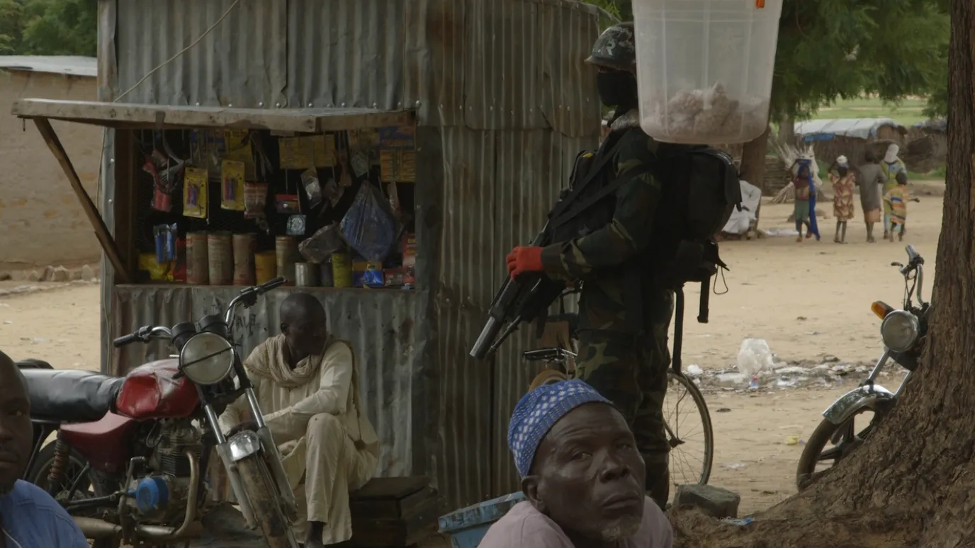
A soldier is stationed amid public life in Northern Cameroon
The Ghosts of Northern Cameroon
Algerian-born French philosopher Jacques Derrida writes in Specters of Marx that ghosts are created by attempts to rid something that cannot be rid. So, instead of destroying, we create. Derrida calls this a paradoxical incorporation.
Pretending to be at peace only creates the nervousness that violence will break that peace, since the peace is formed on illusion. Violence appears as a ghost. It is not truly present at the moment, but it could be present at any moment. So, its absence has a presence. Derrida calls ghosts that return revenants. This would be a return of Boko Haram militants to the area. Ghosts that arrive from the future are called arrivants. These are new and unpredictable waves of violence which may emerge. There is both the memory of its violence and the fear that such violence may re-emerge. Both have the property of haunting.
Indeed, Northern Cameroon seems haunted. The aid organisations in the area are shown as unenthusiastic. The adults in the documentary seem misguided in their approach to resolve the issues of their circumstance. Despite being advised that their child has malaria and requires medication, one woman suggests that their child is afflicted by evil spirits instead. The documentary shows people who seem to have very little control over what happens around them. When the Alilou brothers go missing, no one knows how to find them and few put in any genuine effort.
The teacher in the classroom tries to assuage their learners that the key to their security lay in education. But the Alilou brothers were once abducted by Boko Haram from a Koran school. Their experiences may have induced the sense of meaninglessness that they exhibit. They know violence cannot be destroyed through the methods of the school. So, they respond to their haunting by accepting it, running away from school and their community. At one point in the documentary, information emerges that the brothers have drowned. None seem to be too concerned about this.
Ultimately, it is revealed that they are alive, but have been deported to Nigeria. Their lives still appear insignificant to the community in Northern Cameroon. Their caretaker marks them off as trouble-makers who threaten people with knives. The brothers are themselves made to be invisible, in a way that a spectre has no body. They too become ghosts.
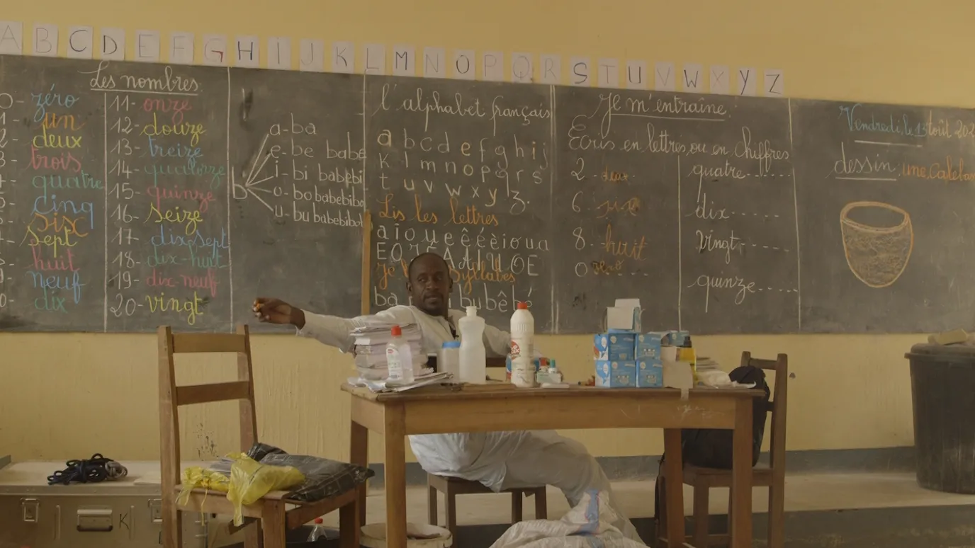
A teacher uses education as a tool to overcome violence.
What to do about our haunting
The documentary itself employs a vacuous style. The characters seem empty. The camera struggles to find anything significant to signify movement or change. All seems stagnant. While one might expect a resolution to be shown at the end, it is given through text on a black screen. The documentary almost seems incomplete, as if not much was really shown to the audience.
We are not sure what must be done about violence. In the ending credits, it is revealed that Soulemayne wishes to become a teacher. Further, the Cameroonian armed forces have made arrests of Boko Haram belligerents. Perhaps, the institutions of the state are succeeding in overcoming the violence? The message is that there is not much yet to show. The spectre continues to loom.

